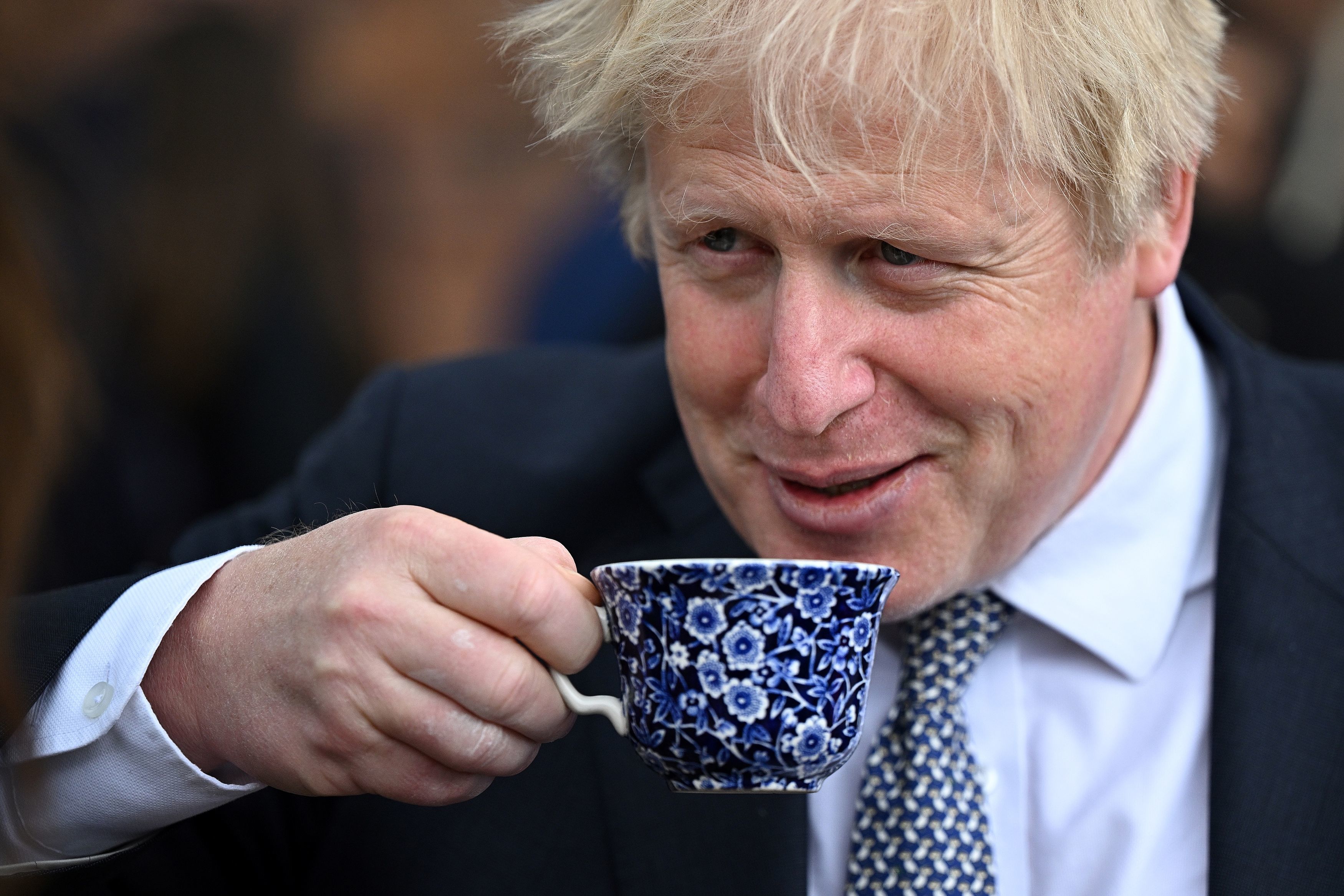Boris Johnson is heading for a double drubbing in by-elections
The prime minister’s unpopularity is about to be brought home to Conservative MPs in dramatic fashion, writes John Rentoul


There is a by-election in Devon today – to choose a town councillor for the Lowman ward on Tiverton town council. It will be a three-way contest between the Conservative candidate, the Labour candidate and an independent, because the Liberal Democrats are not standing. Tiverton is not really a Lib Dem area. It has long been solidly Conservative.
Yet the Lib Dems are almost certain to win the next by-election there, the parliamentary by-election to replace Neil Parish, the tractor-loving MP. The southwest used to be home to a string of Lib Dem strongholds, but nearly every citadel fell in the great post-coalition cull of 2015.
Since then, however, two things have happened. One is that the Lib Dems won a by-election in December in Shropshire North, which is similarly not particularly fertile political territory for them. The pro-EU party was in third place, behind Labour, in Owen Paterson’s Leave-voting seat, and yet the voters there sensed that they were a suitable vehicle for protest against a government that was losing its way – and this was even before the police announced that they would be investigating lockdown law-breaking in Downing Street.
The other is that the Lib Dems have started to regain lost territory in the southwest. In the local elections last week, they took control of Somerset council. That doesn’t make Tiverton and Honiton, Parish’s former seat and another Leave-voting constituency, any more of a natural Lib Dem target. The party was, as in Shropshire North, in third place behind Labour in the 2019 election, when Parish won with 60 per cent of the vote. But it helps the Lib Dems to have councils and activists in the vicinity.
The two factors together make the outcome of the Tiverton and Honiton by-election almost uninteresting. The idea of a sensational Lib Dem by-election victory, which used to be the norm before the coalition government, has become the norm again. Even before the government has announced the date of the by-election – by convention, the Conservatives, as the party that held the seat before the vacancy, get to choose when it will be – the result is a foregone conclusion.
James Johnson, who used to be Theresa May’s No 10 pollster, carried out a focus group of former Tory voters in the constituency for Kekst CNC and Times Radio, and found that no one would vote Tory in the by-election, and all but one said they would vote Lib Dem. This is an unrepresentative sample, statistically, but their comments capture something of how a significant number of people who voted for Boris Johnson last time feel about him now: “When a dog bites you, you never know if it’s going to bite you again. You can never trust him.”
If that isn’t bad enough for the prime minister, there is another by-election pending, in Wakefield, where Imran Ahmad Khan has stood down after his conviction for sexual assault. And a Tory defeat there is about as certain as in Tiverton and Honiton – again the Conservatives will choose the date, and it will probably be on the same day in order to get all the bad news out of the way at once.
To keep up to speed with all the latest opinions and comment, sign up to our free weekly Voices Dispatches newsletter by clicking here
Wakefield is about as different from Tiverton and Honiton as possible. It had been a Labour seat since the 1930s, falling to the Conservatives as part of the Brexit realignment of 2019. It is harder for Labour to gain seats in by-elections from the government than it is for the Lib Dems. The Lib Dems, as the second preference of many voters, are well placed to capitalise on protest voting; shifting votes between the two main parties is harder work. Two-party marginals tend to swing in line with national opinion polls, even in by-elections.
But the change in current opinion polls since the last general election is easily enough to overturn Khan’s 7.5 per cent majority. And in the local elections last week – real votes in real ballot boxes – Labour won decisively in the wards that make up the parliamentary seat.
So that is two drubbings that the Conservatives face. The only thing we don’t know is when they will be, and whether the prime minister, advised by Chris Heaton-Harris, the chief whip, decides to get the pain over as quickly as possible, or to put off the reckoning with the voters in the hope of something turning up.
Join our commenting forum
Join thought-provoking conversations, follow other Independent readers and see their replies
Comments
Bookmark popover
Removed from bookmarks